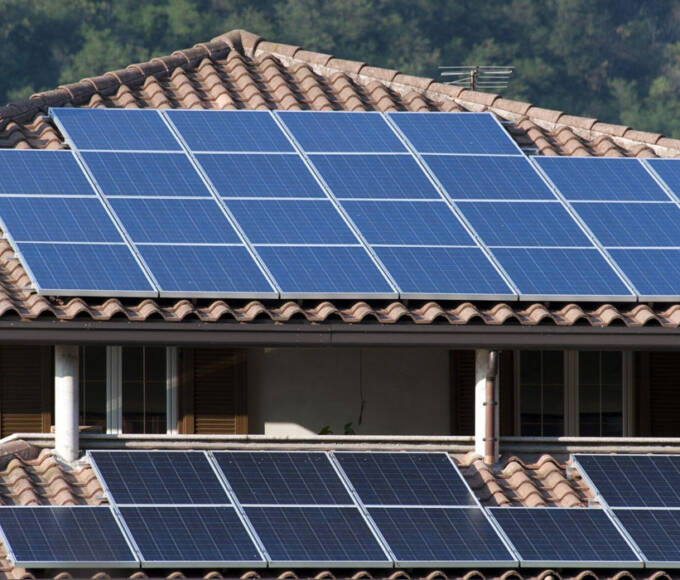In the quest for a sustainable future, the decision to switch to solar energy holds profound implications for the environment. As concerns about climate change intensify and the global community seeks eco-friendly alternatives, understanding the environmental impact of adopting solar energy becomes crucial. For those contemplating a shift towards cleaner power sources, exploring the positive effects on the environment can provide valuable insights.
Reduced Greenhouse Gas Emissions
The foremost environmental benefit of switching to solar energy is substantially reducing greenhouse gases. Solar power generation produces less or no carbon dioxide and harmful pollutants than fossil fuels.
By harnessing the sun’s energy, individuals contribute directly to mitigating the greenhouse effect, a major driver of climate change. The adoption of solar panels thus serves as a tangible and effective measure to combat global warming. If you want to know more about solar energy, click here.
Air and Water Quality Improvement
Traditional energy sources like coal and natural gas release greenhouse gases and emit pollutants that degrade air and water quality. Switching to solar energy eliminates these harmful emissions, contributing to cleaner air and water.
Reduced air pollution leads to improved respiratory health and a lower incidence of respiratory diseases. Moreover, the absence of water-intensive cooling systems in solar power plants helps preserve water resources, addressing another critical environmental concern.
Preservation of Natural Resources
Solar energy presents a sustainable alternative by reducing the reliance on finite and environmentally taxing resources like coal, oil, and natural gas. The extraction and utilization of these fossil fuels lead to habitat destruction, deforestation, and environmental degradation. By opting for solar panels, individuals play a part in conserving natural landscapes and biodiversity, contributing to the preservation of ecosystems and the delicate balance of our planet.
Minimized Land Impact and Land Use Efficiency
Compared to traditional power plants, solar installations have a significantly smaller footprint. The land used for solar panels can often serve dual purposes, such as agricultural land or community spaces. This dual use maximizes land efficiency and minimizes the impact on natural habitats. It starkly contrasts the extensive land requirements and environmental disruption associated with fossil fuel extraction and power plant construction.
Limited Noise Pollution
Traditional power plants, especially those relying on combustion, pollute noise, adversely affecting human and animal well-being. Solar panels are silent in operation and provide a clean and quiet energy solution. This characteristic enhances the quality of life for those in proximity and reduces environmental noise pollution, creating a more harmonious and sustainable living space.
Decreased Dependence on Non-Renewable Resources
Solar energy’s reliance on the sun as a perpetual energy source contrasts sharply with the finite nature of useful yet harmful fossil fuels. By embracing solar power, individuals contribute to the global transition away from depleting resources. This shift towards renewable energy ensures a more sustainable energy future and helps alleviate geopolitical tensions associated with the competition for scarce fossil fuel reserves.
Technological Advancements and Circular Economy
The solar industry continually evolves, with technological advancements leading to more efficient and environmentally friendly solar panels. Additionally, the lifecycle of solar panels has seen improvements, facilitating recycling and minimizing electronic waste.
Embracing solar energy aligns with the principles of a circular economy, wherein resources are used efficiently, products are designed for longevity, and recycling is prioritized.
Conclusion
The environmental impact of switching to solar energy is profound and multifaceted. From mitigating climate change and reducing pollution to preserving natural resources and fostering a circular economy, solar energy emerges as a sustainable and responsible choice. For individuals considering the transition to cleaner energy, embracing solar power is not just a personal decision but a tangible contribution to a healthier and more sustainable planet.








